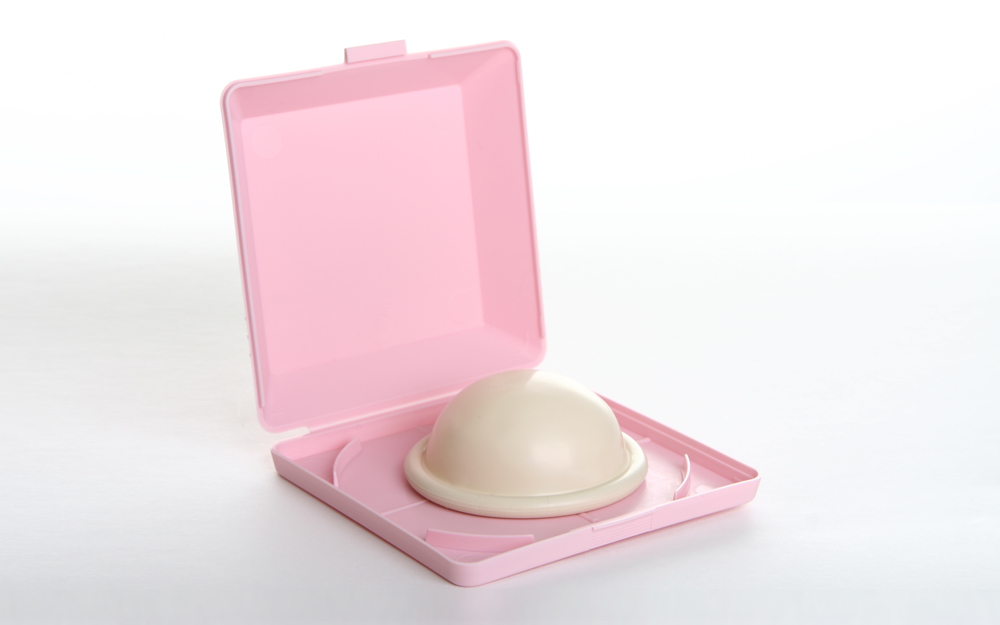Keeping Time With the Baby Blues
Date
May 9, 2025
Credits

Date
May 9, 2025
Credits
Medical providers featured in this article
In Brief
{{cta-block}}
A new life brings with it a whirlpool of conflicting emotions, sweet coos and firsts, hormonal fluctuations, decisions such as whether to breast- or bottle-feed, diaper changes, and other unrelenting responsibilities.
Nearly all new mothers (approximately 80% to 95%) experience a short bout of grief after delivery, dubbed the “baby blues.” Throughout the following year, far-reaching mental health symptoms and conditions can take hold. Maternal mental health disorders such as postpartum depression (PPD) and anxiety are collectively the most frequent birth complication, arising in 1 in 5 women.
“Mental health still has such stigma and social pressure that new mothers can wrongly feel selfish for paying attention to it, instead of just their baby,” said Cedars-Sinai OB-GYN Jonathan Turriago, DO. “There’s often guilt in admitting you’re struggling, but it’s not a failure on your part.”
{{providers}}
Give Yourself Grace
The baby blues happen when estrogen and progesterone plummet in the days after delivery and moods are intensified by sleep deprivation. Parents can find themselves crying for seemingly no reason. You might be terrified of making a mistake, self-conscious about your changing body and especially sensitive to challenges, such as with infant bonding, colic, or latching and breastfeeding.
The early days of motherhood are wildly unpredictable, said Eynav Accortt, PhD, director of Cedars-Sinai’s Reproductive Psychology Program, and hard for everyone.
“The stakes are really high when you’re a new parent and you think perfection is even a possible goal,” Accortt said. “Perfection doesn’t exist, and parenting isn’t intuitive or natural. There’s a steep learning curve.”
Set Social Media Limits
Social media can amplify the pressure to have a breezy, well-lit experience of new motherhood.
Accortt encourages boundaries to protect your mental health during this vulnerable period, such as resisting comparisons to others’ parenting journeys—even loved ones’—and unfollowing accounts that only share highlight reels or promote unrealistic expectations.
Give yourself grace. The stakes are really high when you’re a new parent and you think perfection is even a possible goal.”
— Dr. Eynav Accortt
Self-Soothe to Curb Stress
Becoming a parent is a dramatic life transition, unfolding in an easily derailed loop of newborn feeds, naps, inconsolable cries and spit-ups. As you settle into the rhythms of life with a newborn, experts emphasize caring for yourself.
“If you’re completely depleted, which most American women are during the postpartum period, then you can’t take care of your baby,” Accortt said. “It’s a lose-lose.”
To unwind, try active relaxation tools, which can be squeezed into 10-minute windows:
- Mindfulness and meditation
- Non-strenuous movement, such as short neighborhood walks, gentle yoga and simple stretches
- Deep breathing
- Magnesium glycinate supplements, suggested by Turriago for mood and sleep regulation
- Journaling to process emotions
Carve Out as Much Sleep as You Can
Staying awake around the clock triggers a fight-or-flight stress response, undermining your ability to emotionally regulate. New mothers also need sufficient rest to heal in the “fourth trimester.”
Longer, uninterrupted chunks of three to four hours at a time are best.
Experts encourage leaning on your community to fill in gaps. For example, you could implement breastfeeding shifts, pumping and storing extra milk and alternating with a partner or trusted loved one. Family, friends, support groups and mommy-and-me events can all help you shoulder the load, as well as provide comfort.
Watch for Longer-Lasting Emotional Distress—and Seek Professional Support
Doctors caution that maternal mental health conditions are often mistaken for the baby blues, which resolve on their own within two weeks.
Perinatal depression, anxiety, obsessive-compulsive disorder (OCD) and other psychological conditions extend to the first year after birth, on the other hand, and are more severe. They are all recognizable by how their symptoms limit your daily functioning and ability to show up for the moments that matter most.
Never worrying would be alarming for a new mother. Take it seriously, though, if you are so nervous that you can think of little else, obsess over your fears, or engage in rituals for relief, such as repeatedly checking on your baby. Similarly, do you feel so sad or numb that you withdraw from your interests and connections to the world around you?
If you can no longer manage your emotions or behaviors, talk therapy (either individual or group) can help you regain control. In more intense cases, Accortt also suggests consulting a reproductive psychiatrist, who can prescribe antidepressant medications that are safe to take in pregnancy and while breastfeeding.
“You don’t have to go through this alone,” Accortt stressed.
Anyone experiencing a mental health crisis should immediately call the 988 Suicide and Crisis Lifeline immediately or the National Maternal Mental Health Hotline at 1-833-TLC-MAMA (1-833-852-6262). Available 24/7, they provide free, confidential support and resources in English and Spanish.
{{column-start}}
Alongside considering your preferences for birth, prepare for the months after birth.
“You need an outlet to release the stress,” Turriago said. “Don’t bottle it up, because it could escalate.”
The Cedars-Sinai Reproductive Psychology Program offers resources and classes, including:
- Postpartum Wellness
- Pathways to Perinatal Peace Therapy Group
- Breastfeeding Support Group
Enroll in a class or learn more here.
{{column-end}}
Resources for the Fourth Trimester
Alongside considering your preferences for birth, prepare for the months after birth.
“You need an outlet to release the stress,” Turriago said. “Don’t bottle it up, because it could escalate.”
The Cedars-Sinai Reproductive Psychology Program offers resources and classes, including:
- Postpartum Wellness
- Pathways to Perinatal Peace Therapy Group
- Breastfeeding Support Group
Enroll in a class or learn more here.





